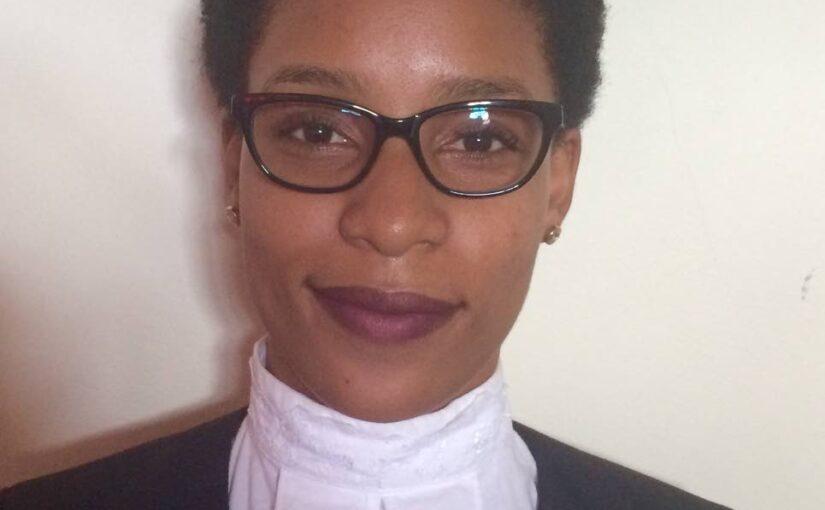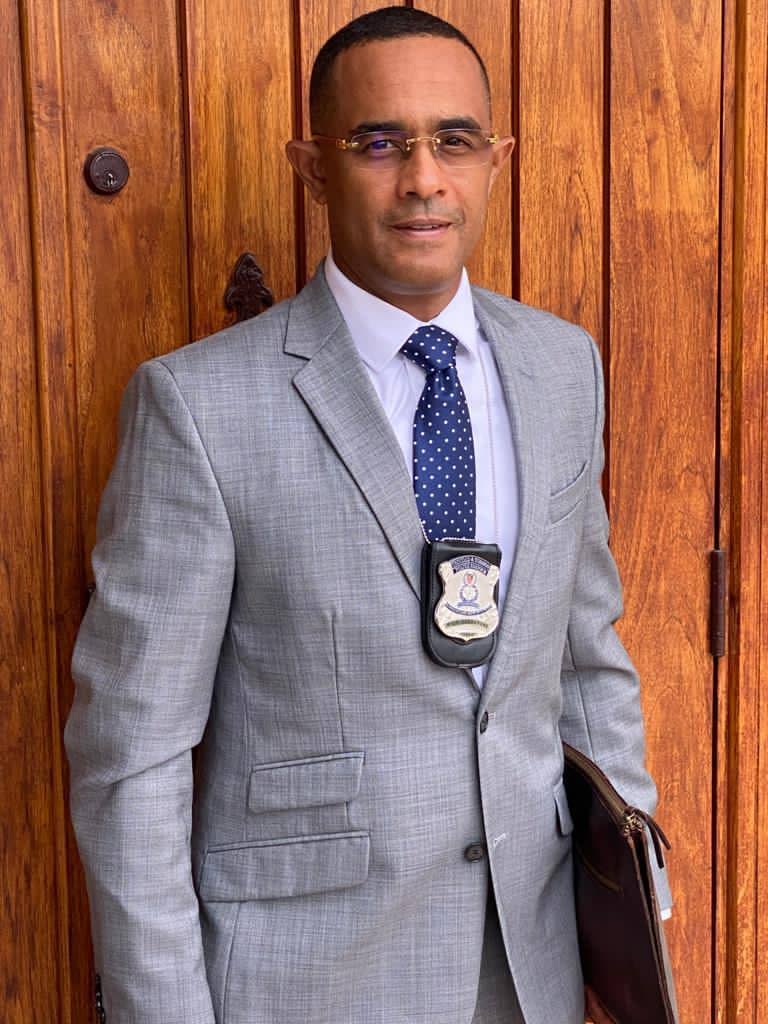‘Why are you projecting yourself on me?’
Written by Newsday on January 7, 2025

Kanisa George
EVERY difficult or traumatising experience we face has the potential to alter our existence in ways we scarcely stop to consider.
Even inconveniences of minute relevance can set in motion a series of emotional hurdles that subconsciously disrupt our stability. When emotional discord is left unchallenged, a floodgate of negative emotions may consequently rise to the surface, rendering us helpless to its voracity.
Try as we might, if we fail to keep things in check, our propensity to manifest negative attitudes can easily flourish and become evident in how we treat ourselves and how we interact with and treat others.
It is virtually impossible to extricate our emotional state from our opinions or viewpoints as our internal compass, which dictates our external direction, is firmly linked to our emotions.
Beyond that, being swept up by a torrent of complex or challenging-to-navigate emotions creates room for us to place those negative, often unwanted emotions onto others.
When we trigger our unconscious defence mechanisms by use of psychological projection, we involuntarily disown an unacceptable part of ourselves and attribute it to someone else.
“Projection is a psychological defence mechanism that distorts our perception of reality. It involves displacing our feelings, thoughts, tendencies, fears, and insecurities onto others to protect ourselves.”
Author and licensed clinical social worker Karen R Koenig likens projecting to a self-denial exercise. She notes that projecting something you don’t like about yourself onto someone else protects you from having to acknowledge those parts of yourself.
It’s a way to manage discomfort by focusing attention on others and shifting energy away from the parts of yourself you either refuse to confront or aren’t courageous enough to evaluate.
It can also protect against the fear of the unknown, creating a sense of stasis that can stall development and growth. Psychologists Carl Jung and Marie-Louise von Franz observed that people project archetypal ideas onto things they don’t understand as a natural response to the desire for a more predictable and clearly patterned world.
A lot of the internal conflict we experience but are unable to face doesn’t just sit within us waiting to be released. Thus, we unconsciously use self-imposed isolation and projection to decrease our internal stress and protect internal conflicts from manifesting.
Incidentally, many of us don’t realise that projection is learnt behaviour. Most of us, especially in our infancy stages, were on the receiving end of our parent’s fears, insecurities and pain. To shield us from perceived harm or disappointment fuelled by their misgivings, parents or the adults in our lives tapped into projection without realising its impact.
As we move into adulthood, many of us develop our own fears and insecurities that we are often ill-equipped to manage, so we usually do what we know best.
Projection is one of many defence mechanisms that all healthy people will engage in every once in a while. When we feel out of touch with reality and lose a sense of genuine connection with ourselves and others, it sparks cause for concern.
Projection can also harm one’s sense of self, as continual projection can become a trait that blends into one’s identity.
So, how do we manage it or learn to spot it when others project themselves on us? Most of us are aware of our triggers, but we’re often too afraid to confront them. Dr Joel Frank, a clinical psychologist and neuropsychologist, explains that we must think about our emotions and feelings toward others in different situations.
When someone triggers a negative emotion, reflect instead of react. Is it really about them, or is something deeper going on inside you? Is your behaviour informed by feelings of inadequacy or insecurities?
One common form of projection that might be easier to spot is defensiveness. Do you have a plaster for every sore? Or do you find yourself having an extreme reaction to something someone said?
Do you often feel victimised or feel the need to stick up for yourself? If that’s the case, you must learn to step away from the situation and adequately assess it. Am I being defensive, or does this situation warrant my reaction?
Notably, time away will allow your walls to come down and your defensiveness to fade, allowing you to think about the situation reasonably and rationally.
Sometimes you might even be the recipient of projection, so it is essential to recognise when someone is projecting negative energy on you.
Dr Frank suggests that you objectively assess the situation by engaging the other person in an open, honest conversation.
Be strong in your conviction that the criticism or accusation levied isn’t about you. It’s about the other person trying to make sense of their experience.
Difficult moments, insecurities, and failures present an opportunity for the perfect storm to rage within us. Without introspection and a keen attitude towards understanding ourselves, we’ll miss out not only on the opportunity to grow, but also on the opportunity to cage those monsters we so willingly project onto others.
The post ‘Why are you projecting yourself on me?’ appeared first on Trinidad and Tobago Newsday.




